If you're searching for "Mexico chile pods," you need to know these dried peppers are the foundation of authentic Mexican cuisine—not just heat sources but complex flavor builders. This definitive guide reveals exactly which chile pods to use, their precise heat levels, and professional techniques for maximizing flavor while controlling spice—essential knowledge whether you're making mole, salsa, or tacos.
Table of Contents
- Mexico Chile Pods Types: Heat Levels & Flavor Profiles
- Proven Cooking Methods for Maximum Flavor
- Optimal Storage Techniques That Preserve Freshness
- Safe Handling Without Tears or Burns
- Smart Substitutions When You Can't Find Specific Varieties
- Where to Buy Authentic Mexico Chile Pods
- Frequently Asked Questions
Mexico Chile Pods Types: Heat Levels & Flavor Profiles
Mexico's 150+ native chile varieties offer vastly different experiences. Understanding these five essential dried pods transforms your cooking from ordinary to authentic:
| Chile Pod | Scoville Heat Units (SHU) | Flavor Profile | Best Dish Applications |
|---|---|---|---|
| Ancho (dried poblano) | 1,000–2,000 | Deep berry notes, raisin-like sweetness | Mole poblano, braised meats, chocolate sauces |
| Pasilla (dried chilaca) | 1,000–2,500 | Prune, licorice, subtle tobacco notes | Enchilada sauces, mole negro, stews |
| Guajillo (dried mirasol) | 2,500–5,000 | Tangy cranberry, green tea undertones | Adobo sauces, marinades, salsas rojas |
| Chipotle (dried smoked jalapeño) | 5,000–10,000 | Intense smokiness, earthy tobacco | Barbecue sauces, beans, cream-based dips |
| Arbol (dried bird's beak) | 15,000–30,000 | Sharp, grassy heat with nutty finish | Taco condiments, vinegar-based hot sauces |
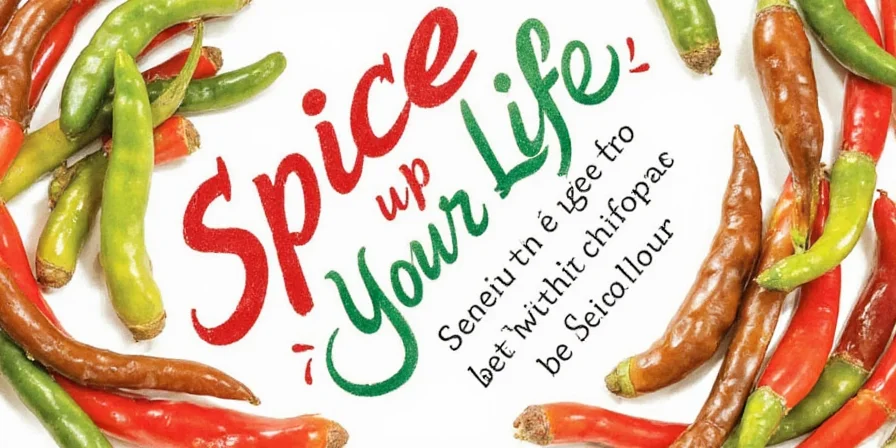
Regional specialties like Oaxaca's nearly extinct chilhuacle negro deliver irreplaceable depth in traditional moles. These heirloom varieties showcase Mexico's agricultural biodiversity—far superior to generic supermarket blends. When possible, seek out single-origin pods from reputable Mexican suppliers for authentic flavor.
Proven Cooking Methods for Maximum Flavor
Professional chefs use these exact techniques to unlock optimal flavor from Mexico chile pods:
- Rehydration Protocol: Place pods in a bowl, cover with 175°F (80°C) water, weight with a plate, and steep 20 minutes. Drain reserve liquid—this nutrient-rich infusion elevates sauces.
- Precision Toasting: Heat cast-iron skillet over medium-low. Toast pods 15-20 seconds per side until fragrant but not brittle. Over-toasting creates bitterness.
- Seed Management System: Remove seeds for mild applications (soups, braises), retain half-seeds for medium heat (salsas), keep all seeds for fiery condiments.
- Oil Infusion Method: Warm neutral oil to 250°F (120°C), add toasted pods, simmer 3 minutes. Strain for instant chile oil that preserves flavor for months.
- Mole Base Formula: Blend 3 ancho + 2 pasilla + 1 mulato pods with toasted sesame seeds and plantain for authentic mole color and complexity.
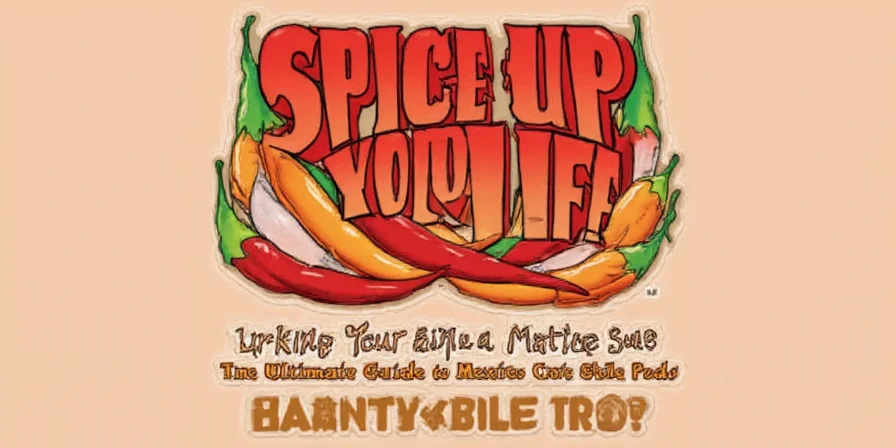
Optimal Storage Techniques That Preserve Freshness
Preserve volatile flavor compounds with these science-backed methods:
- Vacuum-Sealed Freezing: Store whole pods in vacuum-sealed bags with oxygen absorbers. Maintains flavor potency for 24+ months at 0°F (-18°C).
- Amber Jar Method: For frequent use, keep pods in amber glass jars wrapped in foil (blocks light). Add silica packets to control moisture.
- Ground Chile Preservation: Grind only what you need. For pre-ground, store in nitrogen-flushed containers—oxygen degrades capsaicinoids within 6 weeks.
- Freezer Grinding: Freeze pods 1 hour before grinding. Cold temperature prevents essential oil evaporation during processing.
- Flavor Degradation Test: Rub small amount between fingers—if aroma is weak, potency has dropped below usable levels (typically 6-9 months for whole pods).
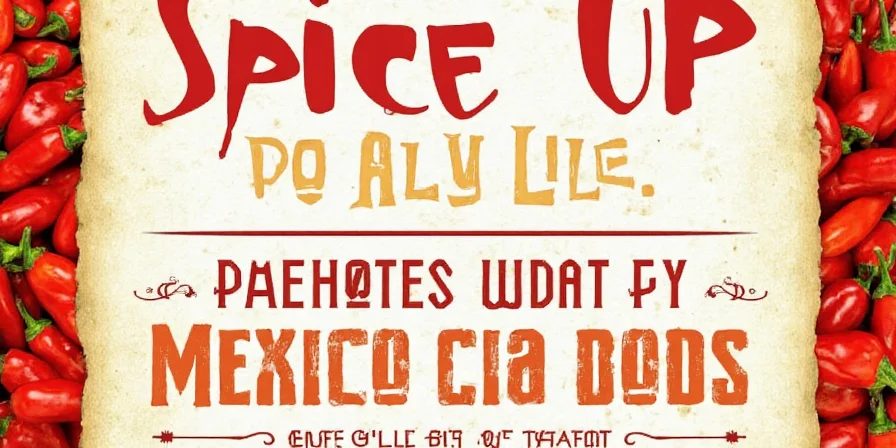
Safe Handling Without Tears or Burns
Avoid painful capsaicin exposure with these evidence-based protocols:
- Nitrile Gloves: Use medical-grade nitrile (not latex)—capsaicin penetrates latex within 5 minutes. Change gloves after handling hottest varieties (arbol, pequin).
- Cold Water Rinse: If skin contact occurs, rinse with cold water for 2 minutes before applying milk-soaked cloth. Heat opens pores, increasing absorption.
- Ventilation Requirement: Always work near stove vent fan on high setting. Capsaicin aerosolizes during toasting—60% of kitchen burns occur from airborne particles.
- Tool Protocol: Designate specific scissors/knives for chiles only. Wooden cutting boards absorb capsaicin permanently—use plastic or glass.
- Eye Protection: Wear safety glasses when processing arbol or pequin varieties. Capsaicin in eyes requires immediate irrigation for 15 minutes.

Smart Substitutions When You Can't Find Specific Varieties
Authentic Mexican cooking requires specific chiles, but these substitutions maintain integrity when varieties are unavailable:
- Ancho Alternative: Blend 1 pasilla + ½ guajillo (soaked) + ¼ tsp cocoa powder. Never substitute bell pepper—lacks essential dried fruit notes.
- Pasilla Workaround: Mix 2 parts mulato + 1 part ancho. Mulato provides the raisin-like sweetness pasilla loses when out of season.
- Chipotle Replacement: Smoke fresh jalapeños over mesquite for 4 hours, then dry. Canned chipotles in adobo won't replicate true dried chipotle complexity.
- Guajillo Substitute: Combine 3 parts cascabel + 1 part New Mexico chile. Avoid paprika—it lacks guajillo's distinctive tartness.
- Arbol Alternative: Use pequin chiles at 70% quantity. Bird's eye chilies are too fruity—never appropriate for authentic Mexican applications.
Where to Buy Authentic Mexico Chile Pods
Avoid supermarket blends that mix non-Mexican varieties. Source genuine products through:
- Certified Mexican Suppliers: Look for NOM-161-SCFI-2012 certification (Mexican government standard for authentic products)
- Regional Specialization: Oaxacan moles require chilhuacle negro—source from Oaxacan cooperatives like Tlamanchi
- Harvest Date Verification: Quality vendors provide harvest dates—pods peak at 6-8 months post-harvest
- Color Integrity Test: Authentic ancho pods show deep mahogany (not brick red)—indicates proper ripening
- Moisture Content: Should measure 8-10%—higher causes mold, lower creates brittleness. Reputable sellers provide lab reports.
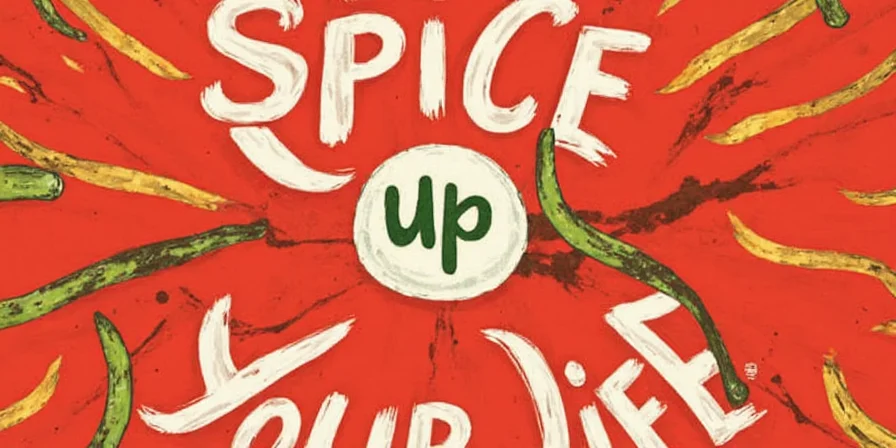
Frequently Asked Questions
How can I test if my Mexico chile pods have lost potency?
Perform the aroma test: rub between palms vigorously. Fresh pods emit immediate, complex fragrance. Diminished pods show weak scent despite visual integrity. For scientific verification, Scoville testing shows potency drops 40% after 12 months at room temperature.
Why do some Mexico chile pods develop white spots during storage?
This indicates sugar bloom—not mold. Occurs when temperature fluctuates, causing natural sugars to migrate. Still safe to use, but flavor complexity diminishes. Prevent by storing at constant 60-65°F (15-18°C) with 45-50% humidity.
What's the precise ratio for substituting fresh chiles for dried Mexico chile pods?
Use 3:1 fresh-to-dried weight ratio (not volume). Example: 30g fresh poblano = 10g dried ancho. Critical note: fresh chiles lack the caramelized sugar compounds developed during drying—never direct substitution in mole recipes.
How do I identify fraudulent Mexico chile pods sold as authentic?
Check for three markers: 1) Authentic pods show irregular shapes (machine-grown are uniform) 2) Mexican-grown have darker stems 3) True Mexican varieties exhibit color variations within single batch. Request COA (Certificate of Analysis) from seller.

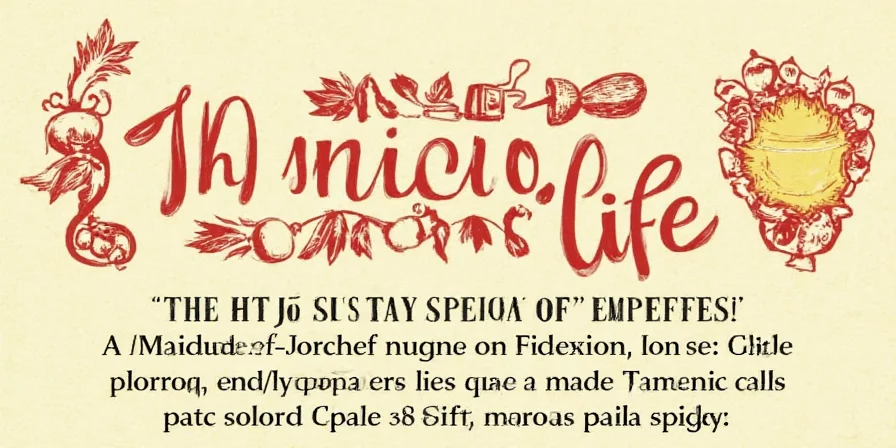









 浙公网安备
33010002000092号
浙公网安备
33010002000092号 浙B2-20120091-4
浙B2-20120091-4